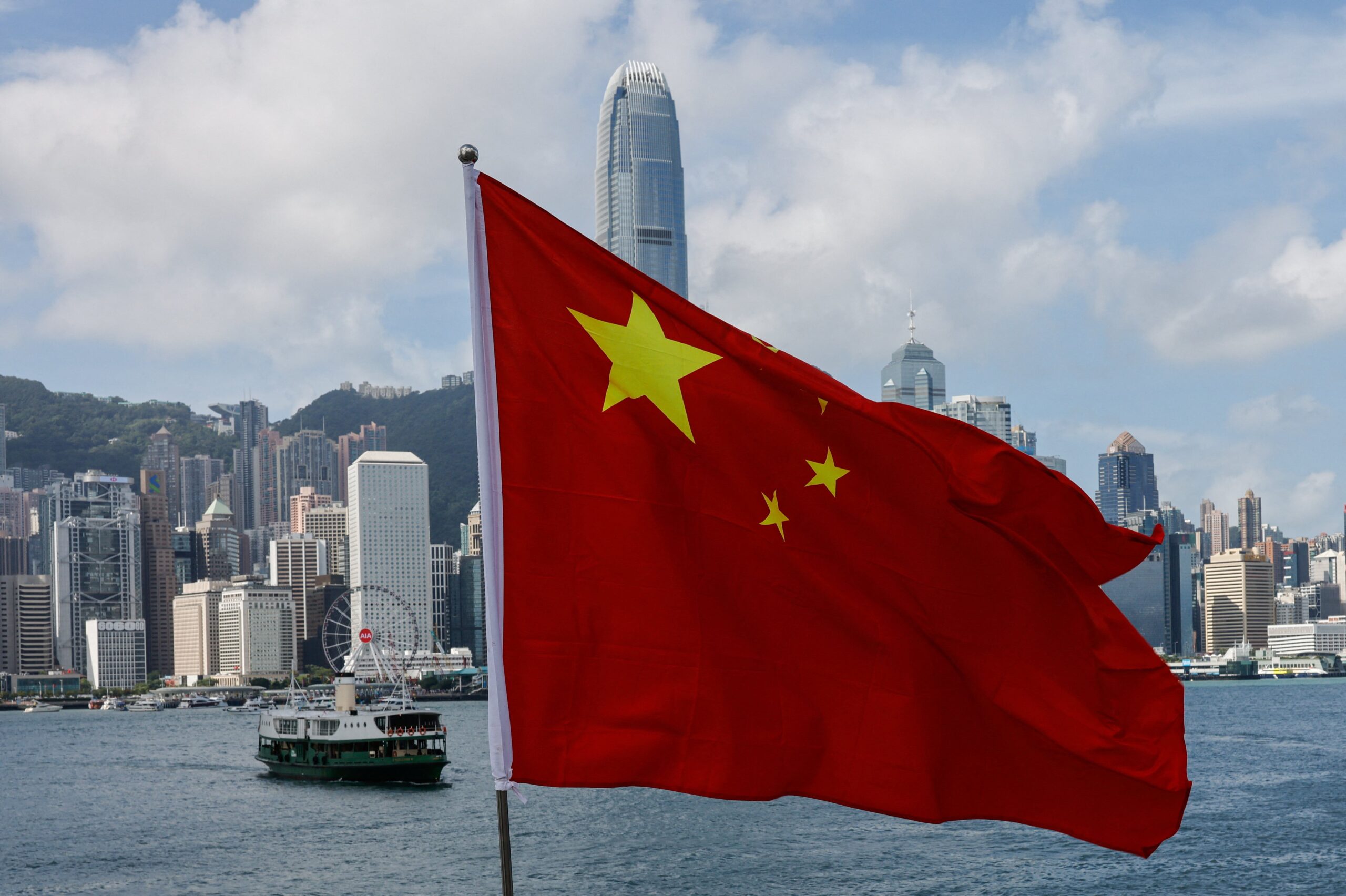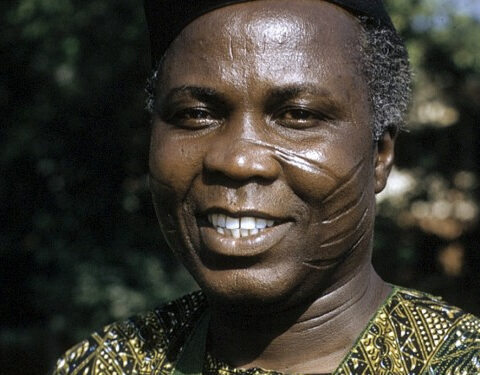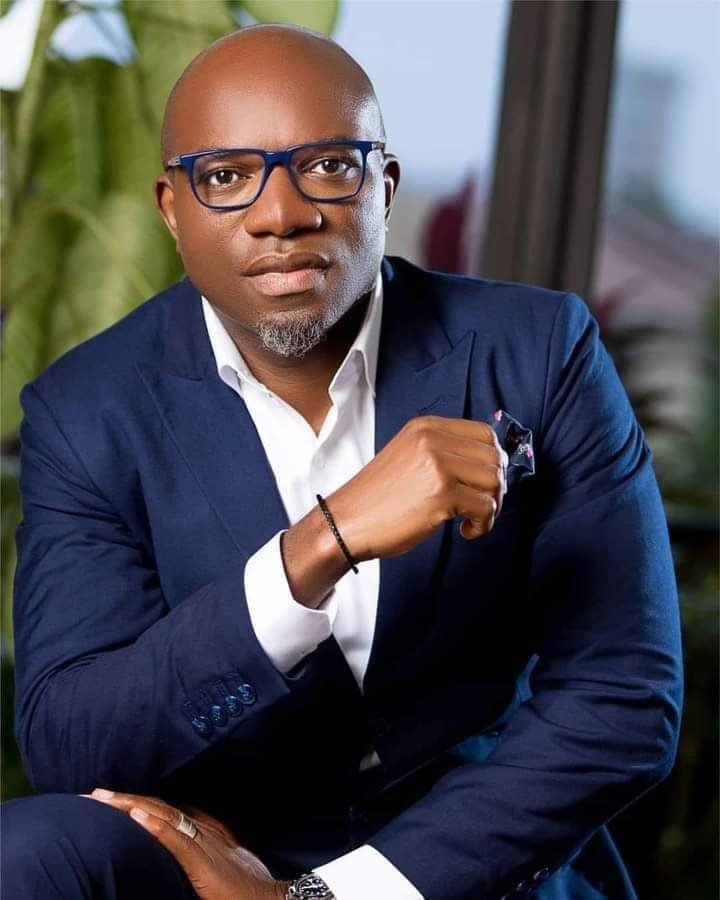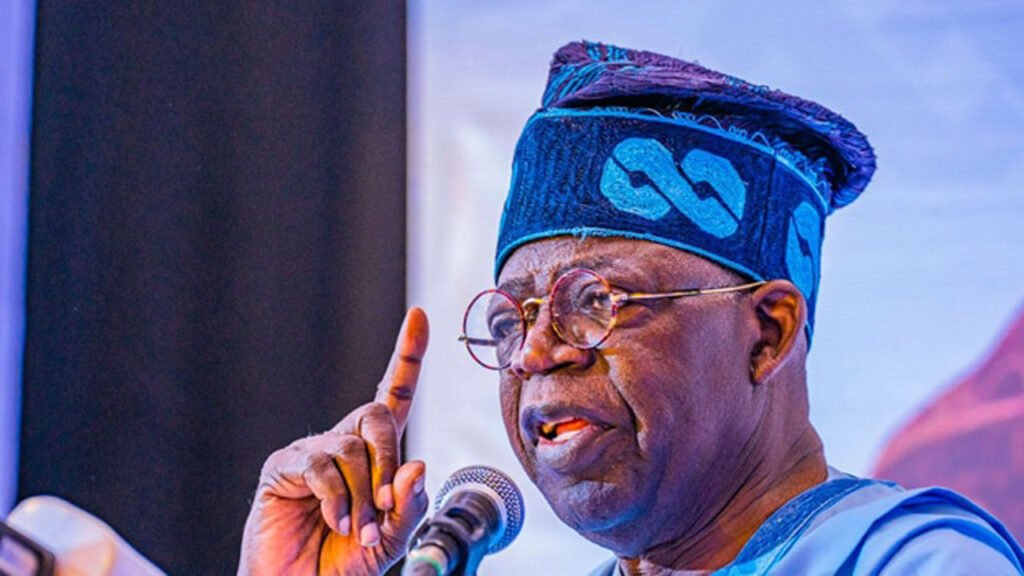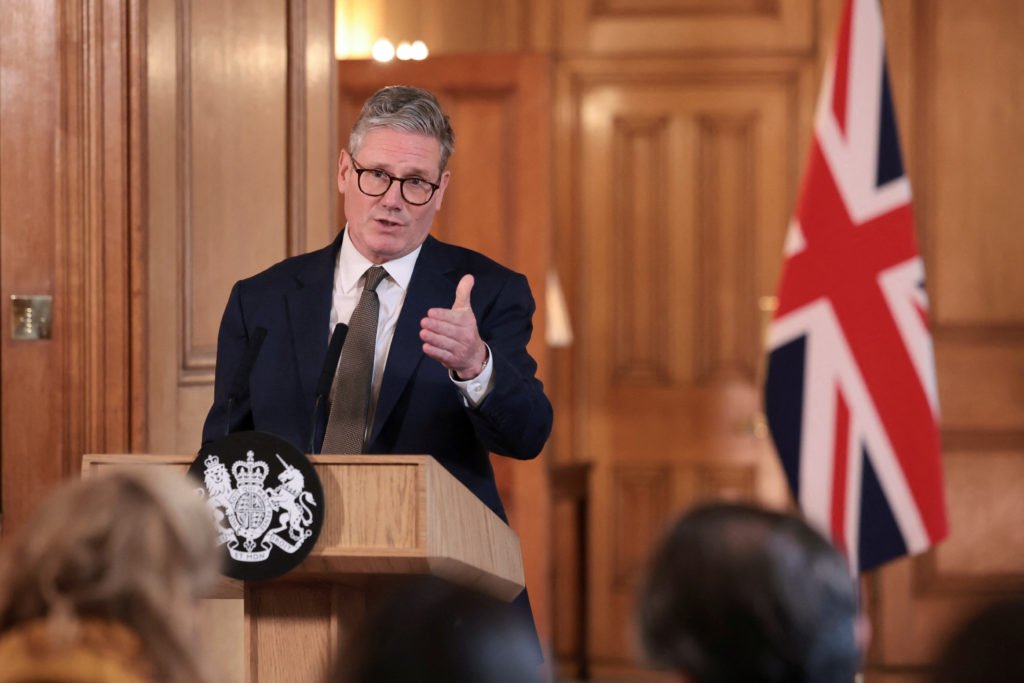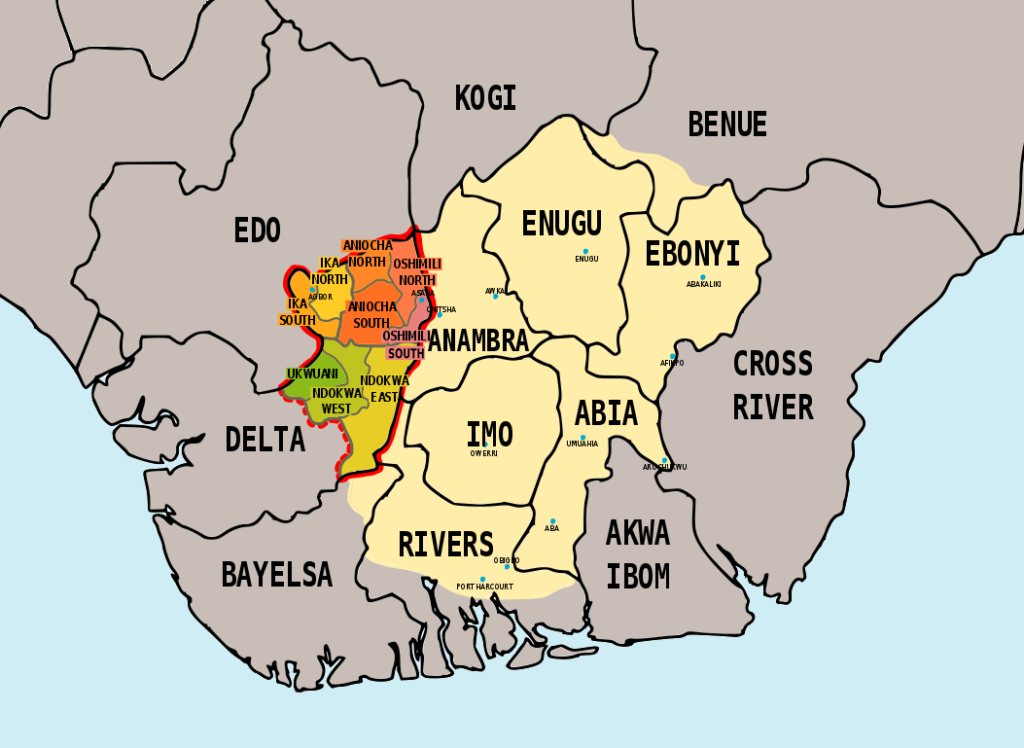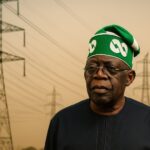No Chinese citizen awakens one morning contemplating: “I shall vote for my president.”
WHY?
Because the Chinese president is not elected by the populace. He is chosen by members of the CHINESE COMMUNIST PARTY.
But wait — this is not a political party in the conventional sense. It is not a local political club that anyone can join.
NO.
The Chinese Communist Party is an ELITE.
You cannot simply join because you desire it.
You gain entry only if you are SELECTED.
And who is selected?
ELITES.
TRAINED individuals.
EDUCATED individuals.
POWERFUL individuals.
People who have already demonstrated their capacity to think STRATEGICALLY, ECONOMICALLY, and POLITICALLY.
Why this model?
Why not allow the people to choose, as in other nations?
Because China’s system is founded on a HARSH yet REALISTIC observation:
Someone who is impoverished, who is uncertain if they will have food to eat tonight, who does not know if they will survive the night… cannot possibly possess the clarity of mind required to select a country’s president.
Yes, it is difficult to accept.
But it is the TRUTH.
Someone who cannot comprehend their own life… cannot grasp the complexities of a nation.
Do you genuinely believe that a person struggling with poverty, who knows nothing of geopolitics, economics, international relations, industrial strategies, or national defence… can wisely choose who should govern a power like CHINA?
I do not think so.
You may express emotional cries of “democracy, democracy,” but China is PRAGMATIC.
It prefers to entrust the governance of its people to TRAINED MINDS, to individuals who have been SELECTED, SCRUTINISED, and TRAINED for this task.
Because if you cannot govern your own life, how can you select a leader for 1.4 billion people?
That is why, in China, it is not the people who vote.
It is the Chinese Communist Party that makes the choice.
And even to become a member of that Party, one must possess a certain LEVEL, a TRACK RECORD, and ACHIEVEMENTS.
Power is not acquired through emotional ballots —
it is attained through COMPETENCE, RIGOUR, DISCIPLINE, and EVIDENCE.
In China, they do not gamble with the future of the nation.
They do not rely on the uninformed majority.
They assign responsibility to those who have proven their ability to shoulder the weight of reality.
Something to ponder.
⸻
HERE ARE 4 POWERFUL STRATEGIC LESSONS FROM THE CHINESE GOVERNANCE MODEL
⸻
1️⃣. COMPETENCE OUTWEIGHS POPULAR OPINION
LESSON: A nation or company flourishes when it is led by the most competent — not the loudest.
China does not leave its fate to chance or popular sentiment.
It selects leaders based on merit, experience, performance, and discipline.
RESULT: In 40 years, it has evolved from a developing country to the second largest economy in the world — and soon possibly the first.
While other countries elect leaders based on promises and slogans, China places STRATEGISTS at the helm of its future.
⸻
2️⃣. ELITES ARE NOT A THREAT WHEN WELL MANAGED — THEY ARE A NECESSITY
LESSON: If you desire elite results, you must have elites in charge.
In China, membership in the Communist Party represents the pinnacle of meritocracy.
You do not attain this through populism. You reach it through intelligence, rigour, loyalty, and results.
These individuals make significant decisions for the country.
This strategy has enabled China to lift over 800 million people out of poverty in 30 years, create giants like Huawei, Alibaba, and Tencent, and position itself as a global leader in technology, infrastructure, and AI.
⸻
3️⃣. STABILITY IS PREFERABLE TO DEMOCRATIC CHAOS
LESSON: Long-term development requires avoiding impulsive shifts in direction.
China does not change course every five years.
It plans for 30, 50, even 100 years ahead.
Mega-projects like the Belt and Road Initiative, the development of megacities, or technological supremacy are planned across generations.
Why? Because power is stable, centralised, and thoughtful.
In contrast, other nations waste time creating and rescinding public policies after each election — resulting in instability, waste, and stagnation.
⸻
4️⃣. GUIDED COLLECTIVE INTELLIGENCE IS MORE EFFECTIVE THAN THE ILLUSION OF FREEDOM
LESSON: A population directed by a clear vision progresses more swiftly than one engulfed in disorder.
China has made a bold decision: to train its elites and entrust them with the responsibility of guiding the masses.
RESULT:
Swift decisions, infrastructure constructed in weeks, a flourishing digital economy, and increasing global influence.
Meanwhile, countries where “everyone expresses their opinion” struggle to build a simple bridge or enact a strategic law.
The most important component, which is meritocracy – a system that has been in existence since the 6th Dynasty in China. It was what Great Britain modelled in the 18th Century to guide the British public service after a recommendation by a committee.
Membership of the China People’s Party is maintained by sitting for examinations, which include mathematics, philosophy, social sciences, humanities, etc., every 5 years.
A member must not only pass the examinations to be promoted but must not fall behind his peers for more than two lower ranks; otherwise, he no longer qualifies to remain a member of the party, which gives way to younger candidates to join the party.
A Chinese Professor once said that someone like Trump would not have risen beyond the position of a janitor of the headquarters of the Chinese Communist Party in Beijing if he were to be a member of the party.
Yes, democracy has the greatest flaw in leadership selection or election. The worst is the presidential election, where anyone with a voter’s card is a kingmaker (selects or elects a president of a country). It is worse than the parliamentary system, where only those elected into the parliament choose a leader, at least those have some level of public and leadership awareness to choose the leader on behalf of the electorate.
China ACTS while others merely TALK.
Follow us on all social media platforms @dailyquery for news and analyses around the globe.
